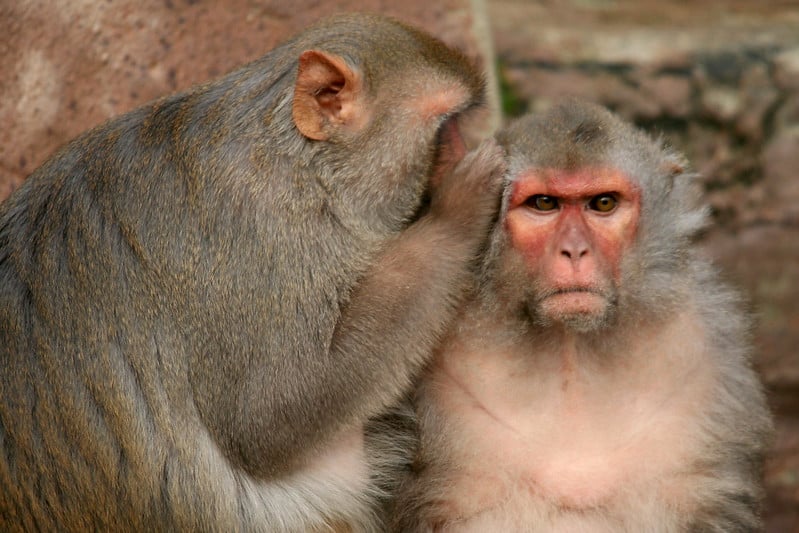
Harvard study suggests monkeys develop immunity after receiving COVID-19 vaccines
pharmafile | May 21, 2020 | News story | Research and Development | COVID-19, vaccine coronavirus
“The COVID-19 pandemic has made the development of a safe, effective, and deployable vaccine a critical global priority”, said researchers from Harvard University’s Beth Israel Deaconess Medical Center in the publication of their latest findings of two studies into possible reinfection with the virus. “However, our understanding of immune correlates of protection to SARS-CoV-2 is currently very limited but is essential for the development of SARS-CoV-2 vaccines and other immunotherapeutic interventions.”
The research conducted by the team sought to fill in these essential knowledge gaps, and the findings provide hope for the idea that the immune system could potentially provide immunity to COVID-19 reinfection, buoying hopes that an effective vaccine against the virus may be found
In the first study, the investigators infected nine rhesus macaque monkeys with SARS-CoV-2 and were allowed to recover. Thirty five days later, they were reinfected with the virus, but all nine monkeys either showed mild or no symptoms of COVID-19,
One of the researchers, Dr Dan Barouch, said the findings were “very good news”, and indicates that the monkeys did “develop natural immunity that protects against re-exposure.”
In the second study, 25 rhesus macaque monkeys were given one of six different DNA vaccine candidates, each “expressing different forms of the SARS-CoV-2 Spike (S) protein”, while 10 received a control vaccine. All were administered an intramuscular 5mg dose at week 1 and 3. At week 6, the SARS-CoV-2 virus was introduced into test subjects via the lungs and nasal passage.
The monkeys which received the control vaccine were found to have high levels of the virus, but the monkeys that received one of the six DNA vaccines were found to have “developed humoral and cellular immune responses, including neutralising antibody titers comparable to those found in convalescent humans and macaques infected with SARS-CoV-2.” This suggests the vaccines conveyed protection from the virus, and eight monkeys were found to be completely protected.
“Our data suggest that vaccine protection against SARS-CoV-2 in macaques is feasible,” the publication of the findings read. “We observed a dramatic reduction of viral replication in both the upper respiratory tract and the lower respiratory tract with the optimal vaccines.
“Further research will need to address the important questions of the durability of protective immunity and the optimal vaccine platforms for a SARS-CoV-2 vaccine for humans. Although our data are restricted to DNA vaccines, we believe that our findings should be generalisable to other gene-based vaccines as well, including RNA vaccines and recombinant vector-based vaccines.”
Matt Fellows
Related Content

Gilead’s Veklury recommended by NICE for COVID-19 treatment
Gilead Sciences has announced that the National Institute of Health and Care Excellence (NICE) has …

NICE expands access to Paxlovid for 1.4 million people at risk of severe COVID-19
The National Institute for Health and Care Excellence (NICE) has announced that it has expanded …

Moderna shares data from phase 1/2 trial for combination flu and COVID-19 vaccine
Moderna has announced positive interim results from the phase 1/2 trial of mRNA-1083, its investigational …








